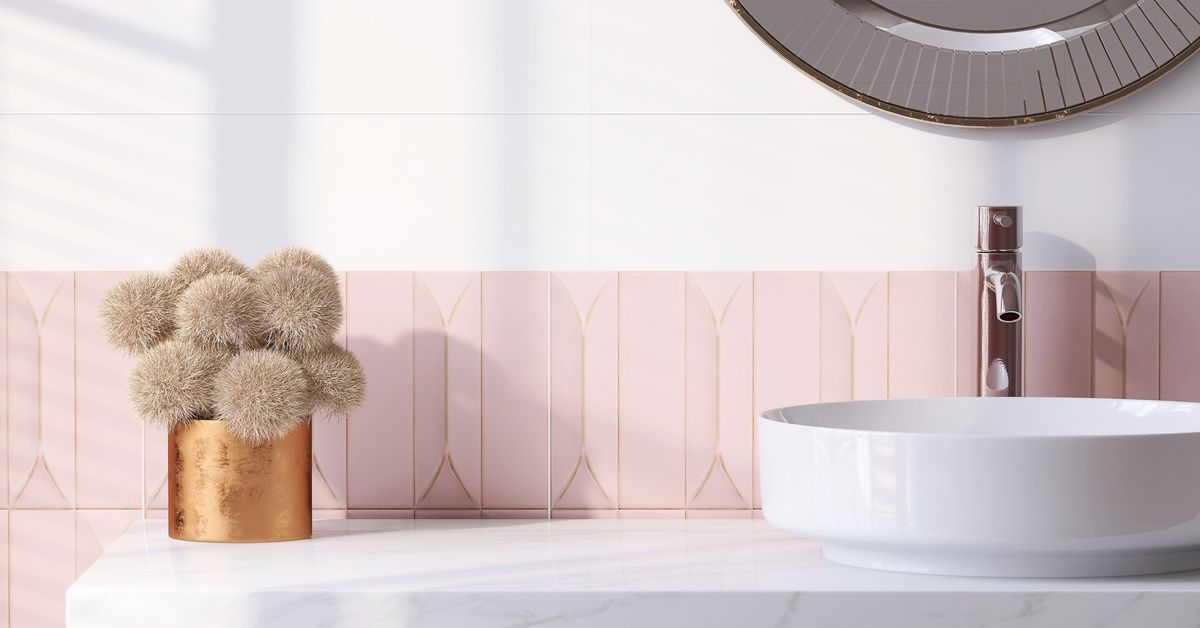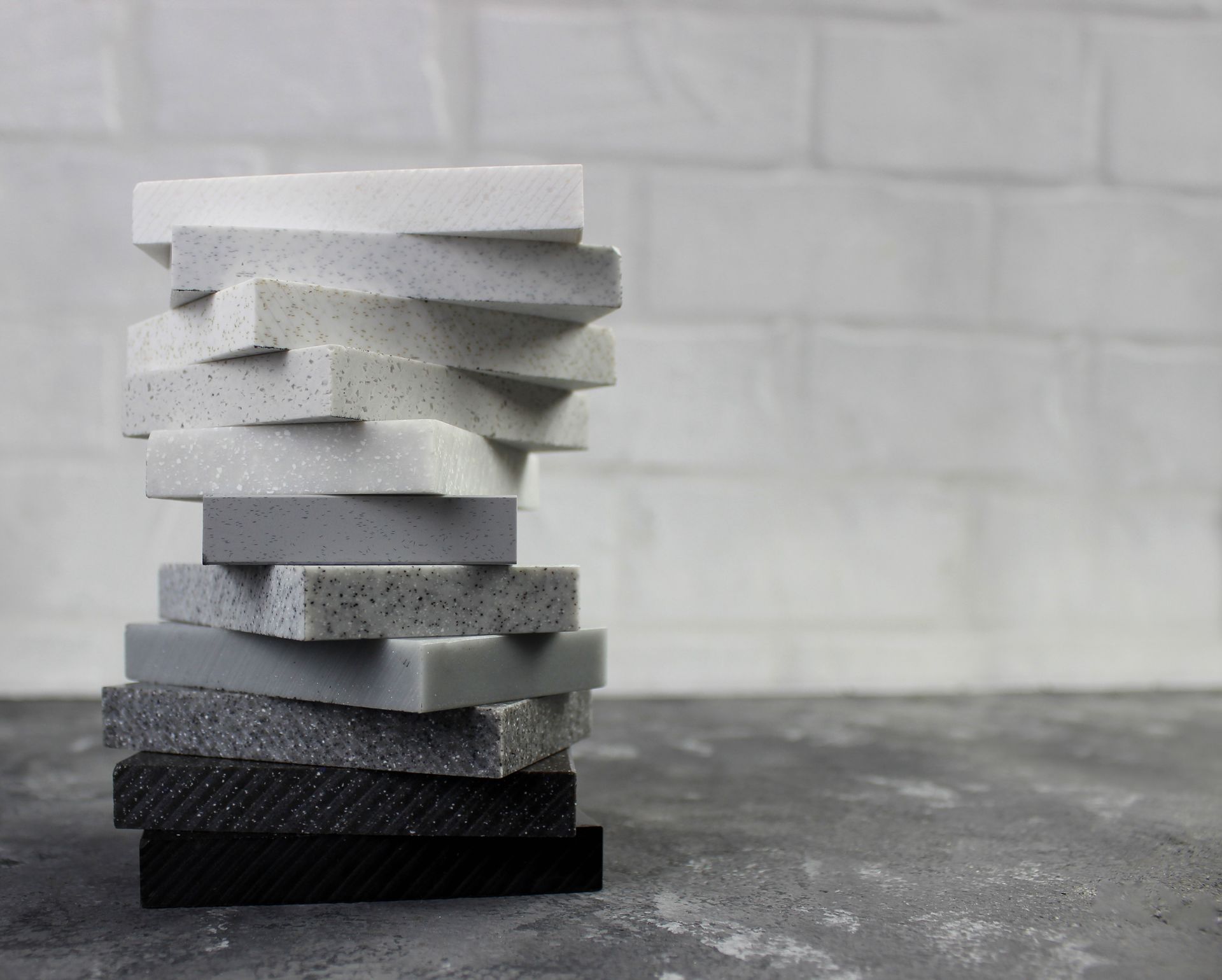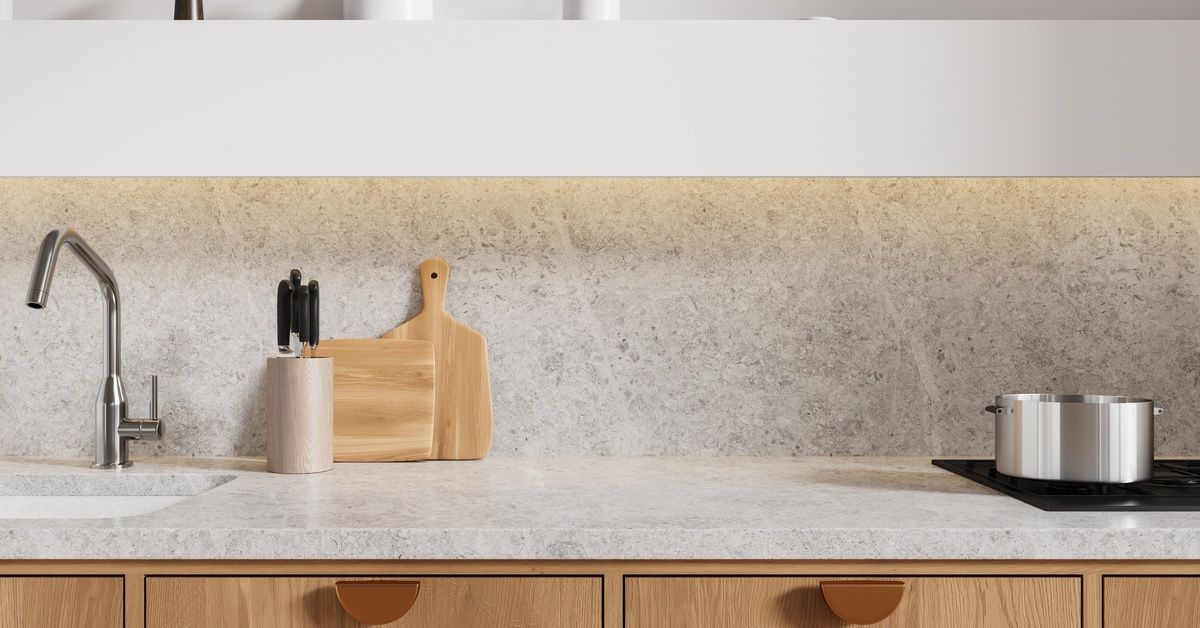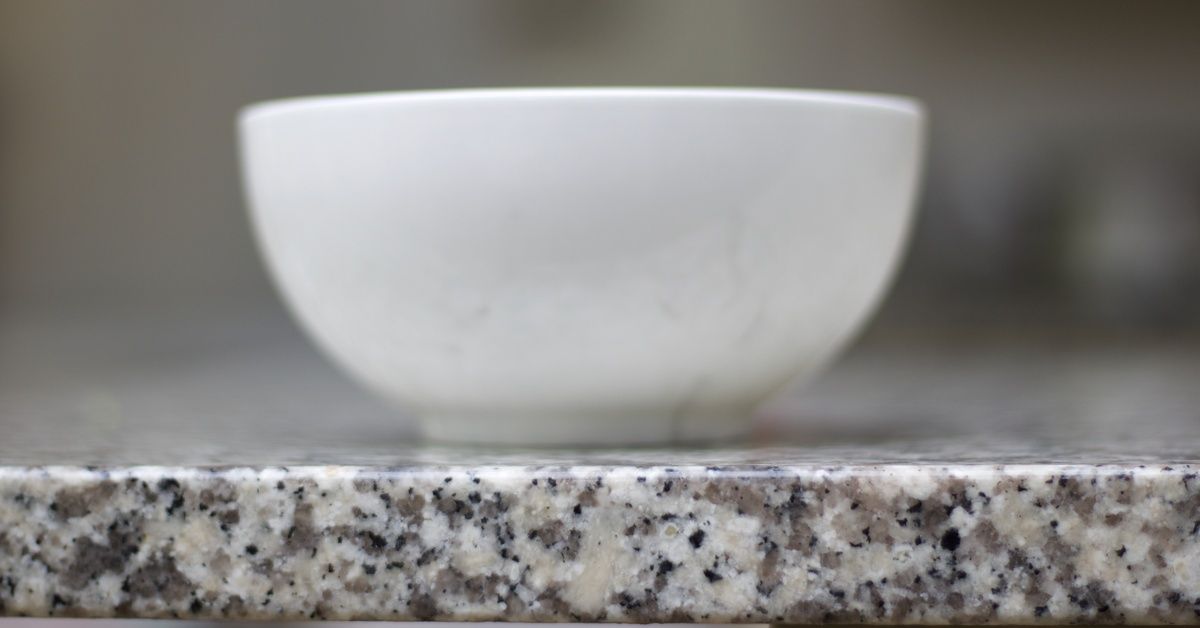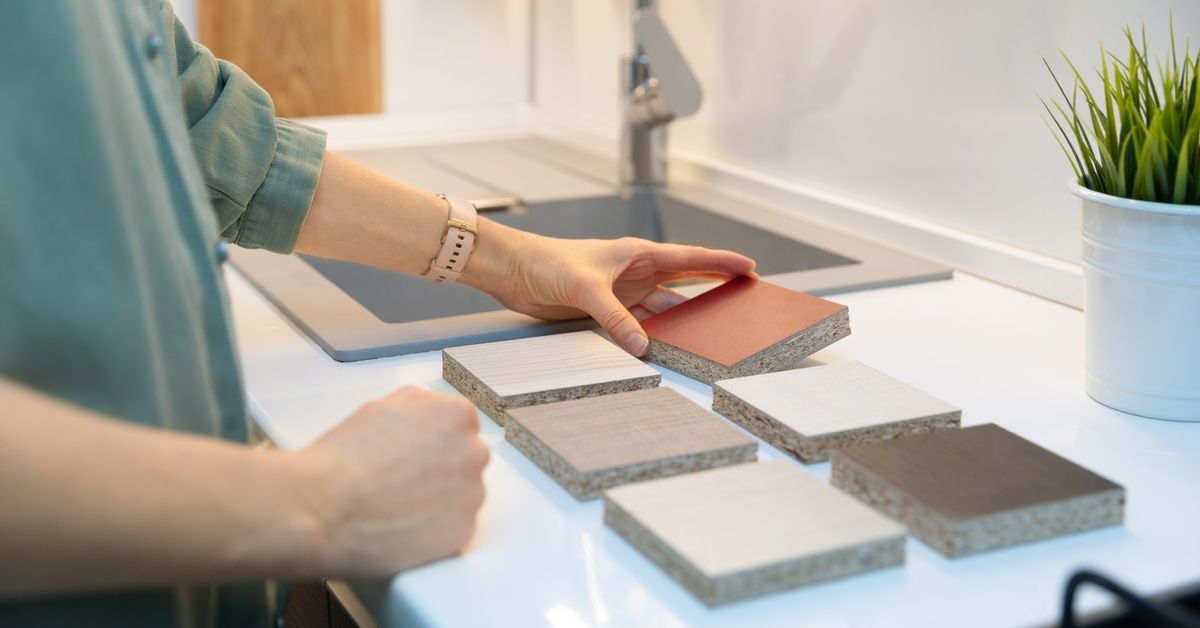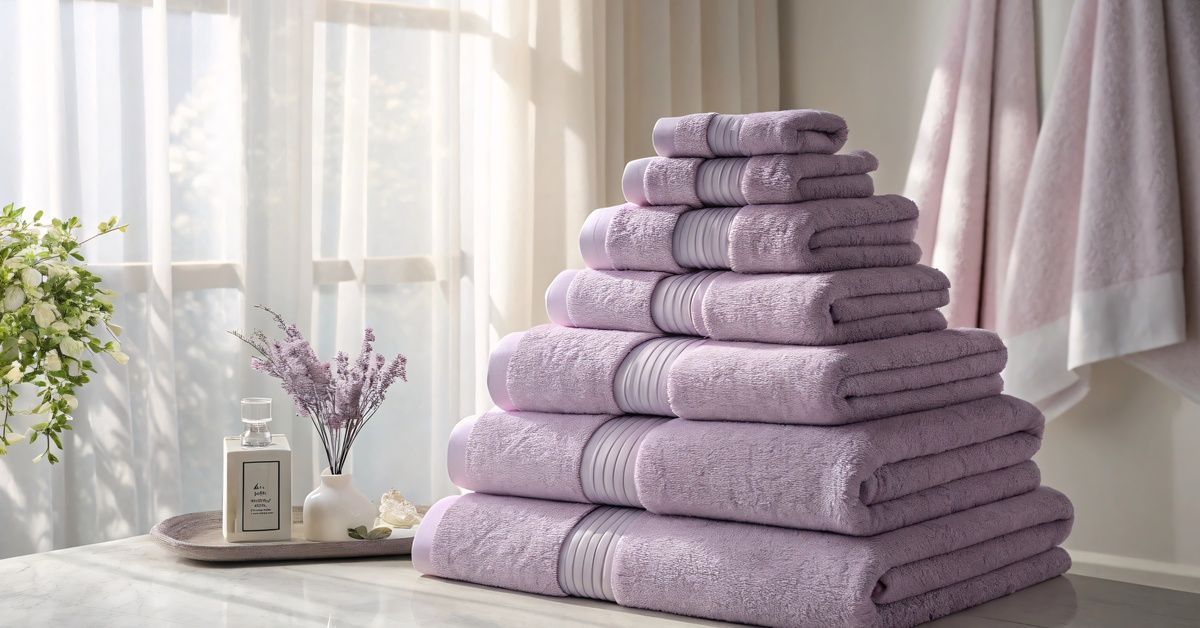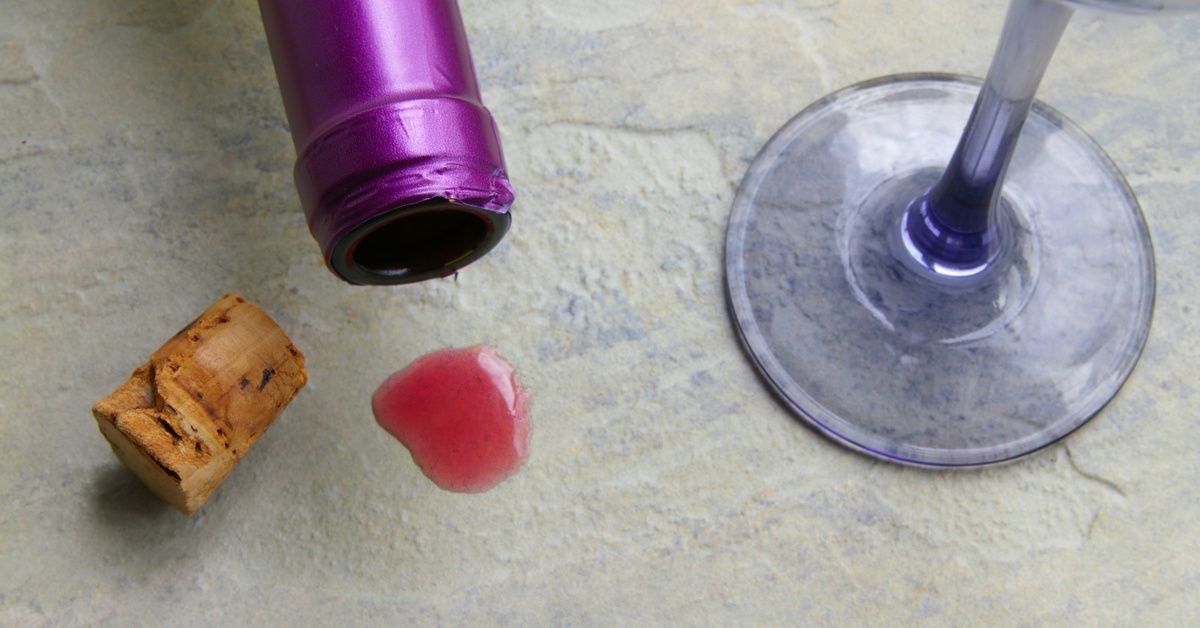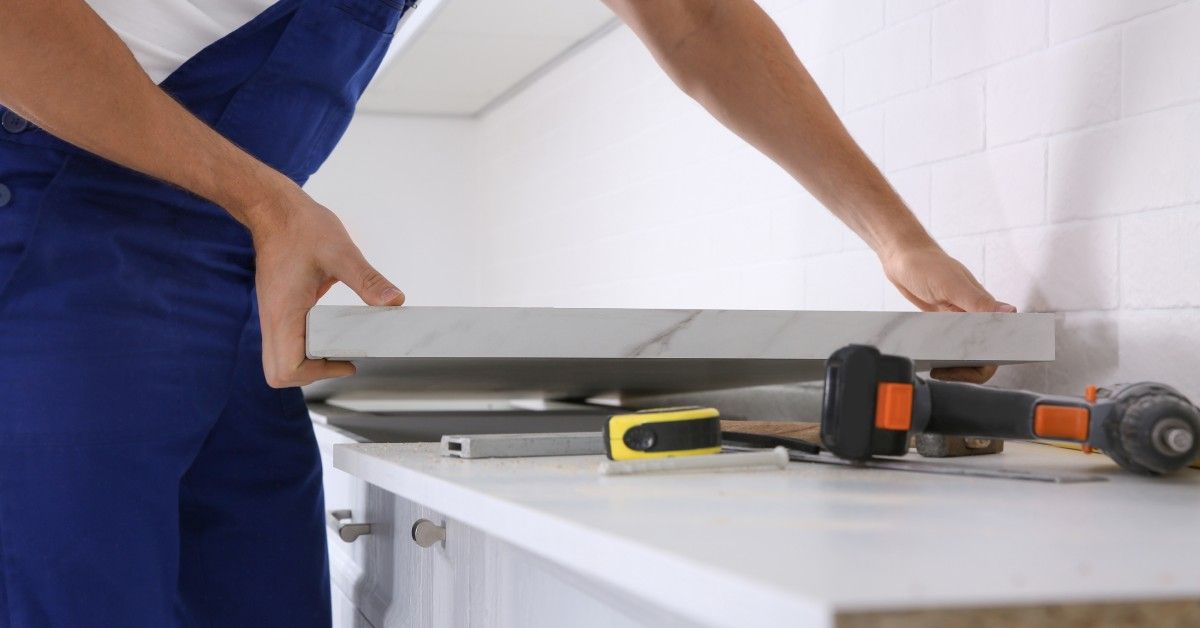Quartz vs. Quartzite: Which Is Best for Your Countertops?
Your countertops are more than just a functional part of your kitchen or bathroom; they’re a defining feature of your space’s design and character. When selecting the perfect countertop material, you’ll encounter two stunning options that lead the conversation: quartz and quartzite.
Both are well-loved choices, but they bring unique qualities to the table that you should carefully consider before making your decision.
We’re here to clear up any confusion between these popular materials, allowing you to weigh their features against your personal needs. From appearance to functionality, cost, and long-term maintenance, we’ll explore every factor to help you decide whether quartz or quartzite is the best choice for your countertops.
Understanding Quartz Countertops
Quartz countertops are a beautiful blend of science and design. They are not a natural stone but rather an engineered material crafted from around 90 percent crushed natural quartz mixed with resin and pigments. This combination creates a durable, non-porous, and low-maintenance surface that has become increasingly popular in recent years.
Unlike natural stones, quartz offers unparalleled consistency in color and pattern, giving you a polished and uniform look throughout.
The engineering process also means you’ll find an array of options that range from subtle neutrals to bold, eye-catching shades and textures, all while delivering impressive durability. At Vangura, we have many quartz countertops in Pittsburgh that vary drastically in color, making it easy to find the best match for any space.
Getting To Know Quartzite Countertops
On the other side of the spectrum, quartzite is a natural stone created through the metamorphosis of sandstone under immense heat and pressure within the Earth’s crust. Its sparkling, crystalline texture and elegant veining make it highly desirable for anyone seeking a unique aesthetic.
Unlike man-made quartz, every slab of quartzite is a work of art formed by nature over many years. Its overall appearance often resembles marble, with soft and flowing patterns—but it’s significantly harder and more durable than marble, which adds to its appeal for long-term installations.
Comparing Their Visual Appeal
When it comes to transforming the look of your kitchen or bathroom, both quartz and quartzite can take center stage, but their aesthetics cater to slightly different tastes.
Quartz provides endless design flexibility, allowing you to customize countertops to suit your vision. Whether you prefer solid, sleek surfaces or intricate designs resembling natural stone, quartz can deliver with precision.
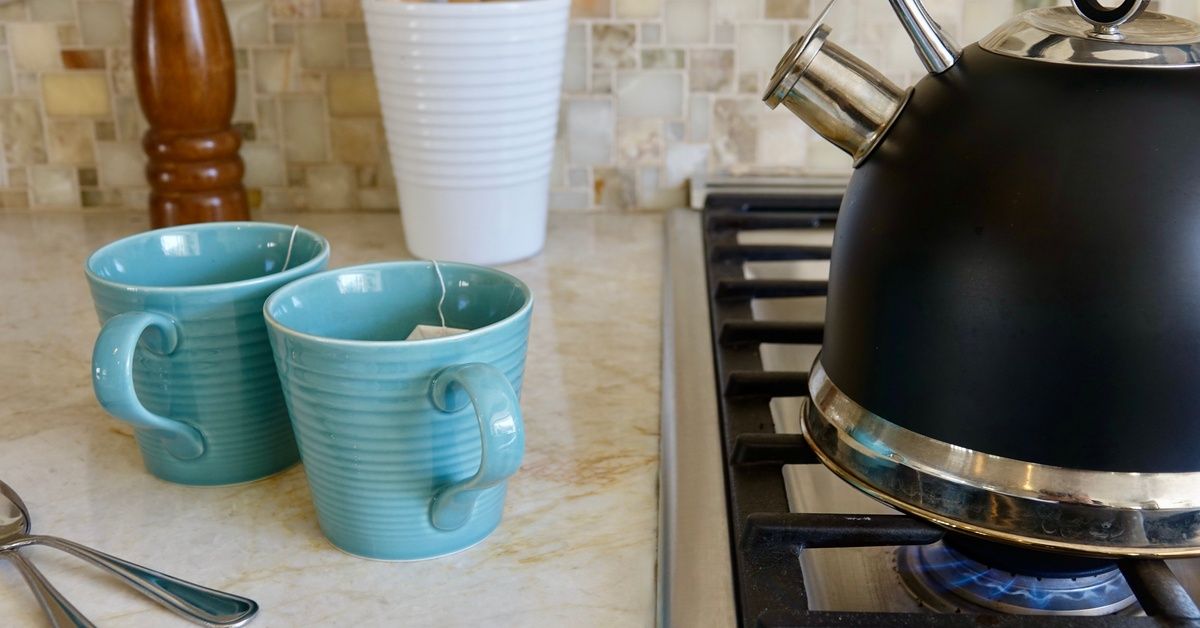
This versatility is a game-changer for those who want cohesive color schemes or specific tones that might not occur naturally in stone.
By contrast, quartzite brings an organic beauty to the kitchen, bathroom, or wherever else you want to install these countertops. Because it’s a natural stone, each slab is entirely unique, with patterns and shades varying from piece to piece. If you’re drawn to a more organic, natural aesthetic with flowing veining and subtle earth-toned hues, quartzite is hard to beat.
How Durable Are They?
Durability is a top consideration for countertops, and both materials excel in this regard, but they handle wear-and-tear differently. Quartz countertops are exceptionally tough and resistant to scratches, chips, and stains thanks to their engineered construction.
The non-porous surface means you won’t have to worry about spills seeping in and causing lasting damage. Cleaning quartz is as simple as wiping it down with soap and water, making it an excellent choice for busy households.
Quartzite is no less durable but requires a little more care.
While it is highly resistant to heat and scratches, it is a porous material. This means you’ll need to seal it at regular intervals to prevent staining and moisture absorption. That said, once properly maintained, quartzite is incredibly long-lasting and can withstand heavy use without losing its charm.
Considering Costs
Budget plays a significant role in any home improvement project, and quartz and quartzite fall into different price ranges.
Quartz tends to be more budget-friendly than quartzite in most cases, though costs can vary depending on the brand, design complexity, and installation process. Because it’s engineered, quartz is typically available in more economical options while still delivering a high-end appearance.
Quartzite sits on the higher end of the price spectrum due to its natural rarity and the labor-intensive processes required to mine and prepare it. However, the unique look and durability of quartzite can make it a worthwhile investment for those willing to spend a bit more.
Thinking About Sustainability
More homeowners are becoming conscious of the environmental impact of their choices, and that includes countertop materials.
Quartz is generally considered an eco-friendly option because many manufacturers use recycled materials in its production. However, it’s worth noting that the resins and synthetic components involved mean it isn’t completely natural.
Quartzite, being a natural stone, has a lower level of human-made processing and fewer synthetic components, giving it a more sustainable edge. However, it requires mining, which has its own environmental considerations. When choosing either material, sourcing from companies that prioritize environmental practices can make a big difference.
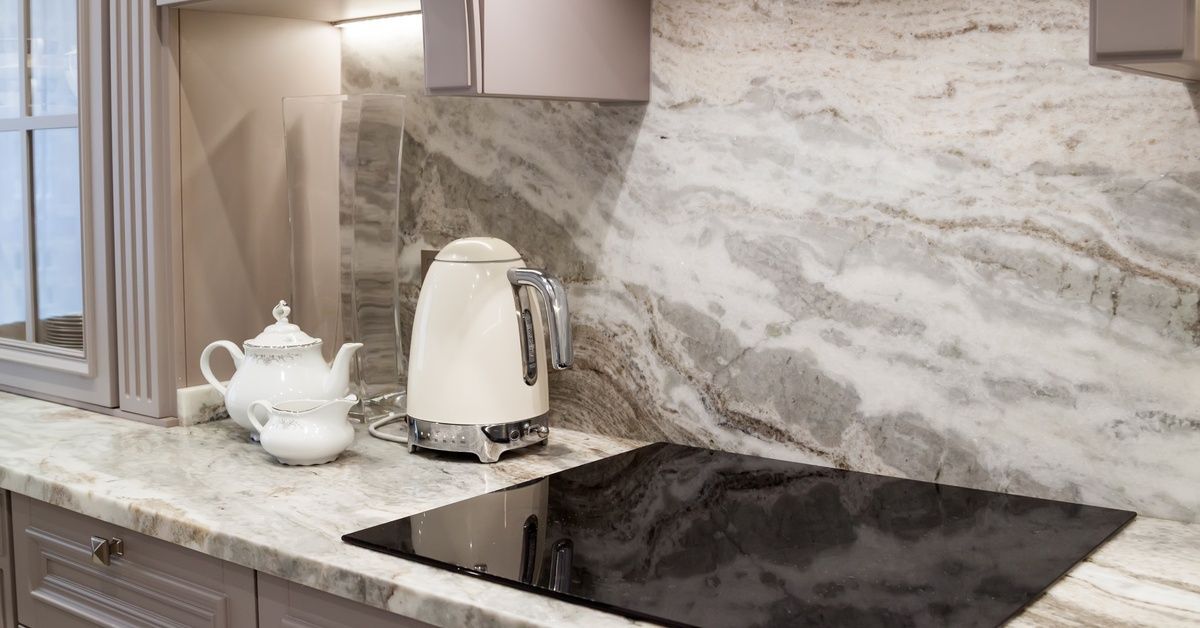
Breaking Down Pros and Cons
Both quartz and quartzite have their unique benefits, but they also come with some trade-offs.
Quartz offers low maintenance, design flexibility, and affordability, but it lacks the organic appeal of natural stone. Quartzite stands out for its natural beauty, high heat resistance, and uniqueness, but the higher maintenance and cost may give some homeowners pause.
Deciding What Suits You Best
So, after comparing quartz and quartzite, which is best for your countertops?
The choice ultimately depends on your priorities and preferences. If you value consistent design, low maintenance, and cost-effectiveness, quartz is a fantastic choice. On the other hand, if you’re after a one-of-a-kind, natural aesthetic that adds timeless elegance to your space, quartzite may be the perfect fit.
Consider how you use your countertops daily and what feels most important to you. Is it minimizing upkeep, maximizing creativity with design, or perhaps owning something completely unique to you? Thinking through these questions can guide you toward the right material.
Elevate Your Home With Confidence
Choosing between quartz and quartzite can feel difficult at first, but knowing the key differences makes it much easier to decide.
Both materials offer stunning options that will elevate the look and function of your countertops for years to come. And no matter which you choose, both have the potential to transform your kitchen or bathroom into a space that truly shines.
If you’re still on the fence or want to take a closer look at these materials, connect with a trusted countertop professional in your area. They can guide you through the selection process and help you visualize which material aligns best with your vision.

